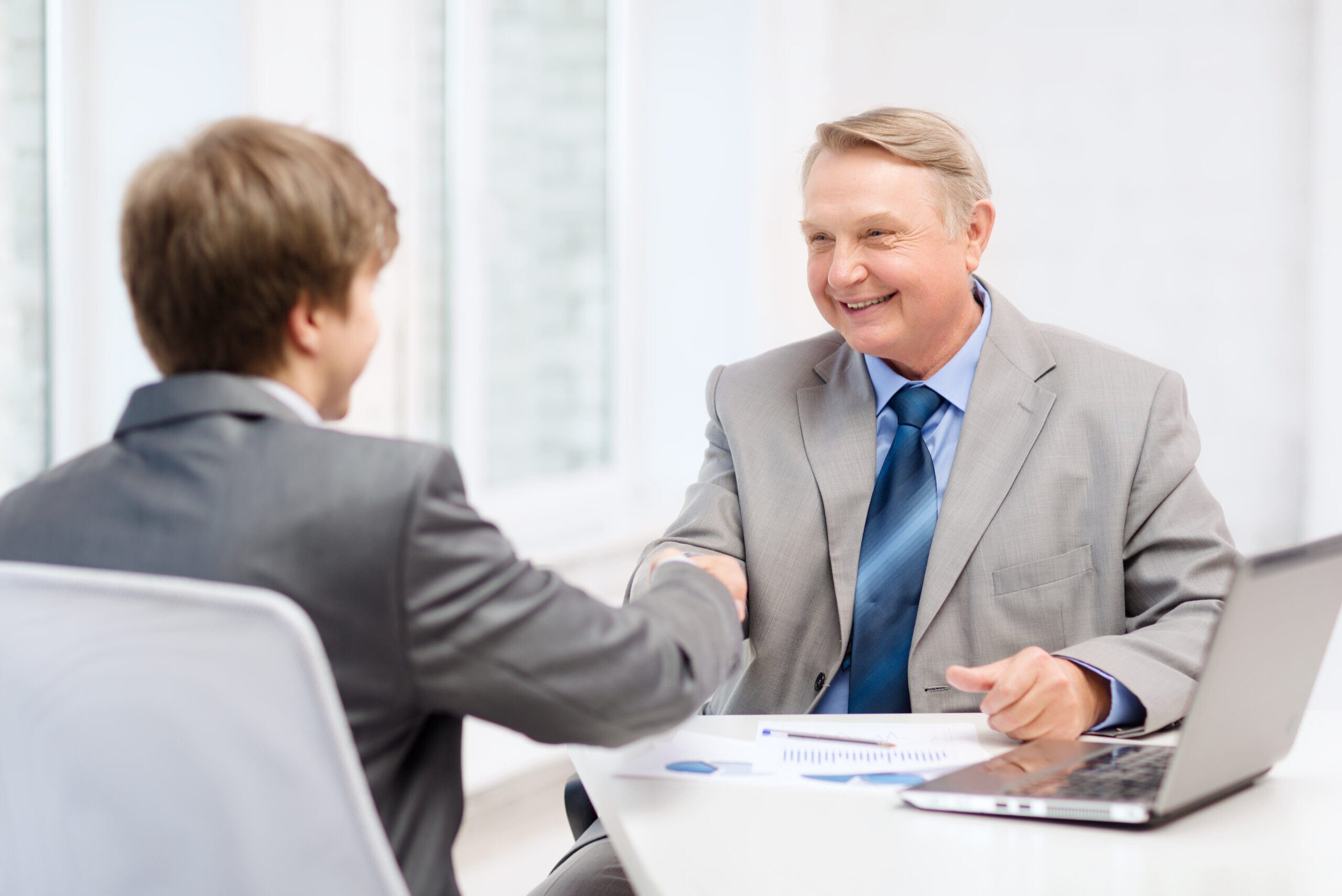There are a number of reasons why a foreign insurance company would make a so-called 953(d) election. This article will discuss two of those reasons.
What is a 953(d) Election?
The term “953(d) election” refers to a decision made by a foreign insurance company to be taxed as a United States taxpayer. For purposes of this discussion, a foreign insurance company is an insurance company incorporated in an off-shore jurisdiction, which is neither licensed, nor engaged in business, in the United States, and can include a captive insurance company. Typically, a foreign insurance company would not be taxed as a United States taxpayer and would not be required to file a Form 1120-PC with the Internal Revenue Service (IRS).
For the reasons discussed below, a foreign insurance company might prefer to be taxed as a United States taxpayer. As a result, section 953(d) of the Internal Revenue Code (Code) permits a foreign insurance company to elect to be taxed as a United States taxpayer if certain conditions are met. Those conditions include the following:
1. The foreign corporation must be a “controlled foreign corporation” (CFC).
2. The foreign corporation would qualify under part I or part II of subchapter L of the Code, if it were a domestic corporation. This simply means that the corporation is an insurance company.
3. The foreign corporation meets the requirements set out by the IRS. The IRS has set out those requirements in Rev. Proc. 2003-47.
4. The foreign corporation makes an election to have section 953(d) apply.
What is a Controlled Foreign Corporation?
As stated above, one of the requirements for making a 953(d) election is that the foreign insurance company is a controlled foreign corporation. The definition of a CFC is provided in section 957(a) of the Code, as modified by section (b) for insurance companies. A CFC is any foreign insurance company if more than (i) 25% of the total combined voting power of all classes of stock entitled to vote, or (ii) 25% of the total value of the stock of such corporation, is owned by a United States person on any day during the taxable year of the corporation.
The term “person” includes a United States citizen, a domestic partnership, a domestic corporation, an estate and a trust. Ownership refers not just to direct ownership, but also includes ownership determined by applying rules of attribution.
How Does a Foreign Insurance Company Make a 953(d) Election?
The requirements for making a 953(d) election are set forth in Rev. Proc. 2003-47, which provides that a foreign insurance company must submit a statement to the IRS of its intention to be taxed as United States taxpayer. The statement must include a list of all United States shareholders, including the name, address, tax identification number and ownership interest of each shareholder. The foreign insurance company must agree to update the list on an annual basis. In addition, the foreign insurance company must agree to pay all taxes as they become due. An acceptable form of the statement is attached to Rev. Proc. 2003-47 as Appendix A.
In addition, the foreign corporation must meet one of two additional requirements. The first is called the asset test. To satisfy the asset test, the foreign insurance company must have (i) a place of business within the United States and (ii) assets equal to 10% of its adjusted gross income for the base year, which are physically located in the United States. The base year is the taxable year immediately preceding the year in which the election is filed or the year of filing for a new entity. A foreign insurance company that does not meet the asset test will instead be required to enter into a closing agreement with the IRS and post a letter of credit in an amount equal to 10% its adjusted gross income for the base year, but not less than $75,000 or greater than $10,000,000.
The election is not effective until it has been accepted by the IRS. However, it will be effective as of the first day of the tax year in which the election was filed. The election remains in effect until it has been revoked.
The Shareholder of a CFC is Taxed on Subpart F Income
The first reason for a foreign insurance company to make a 953(d) election is that, without the election, certain shareholders of the foreign insurance company will be taxed on the insurance income of the corporation. So, while a foreign insurance company, which is a CFC, may not be subject to United States income tax, its shareholders are.
Section 951(a)(1) of the Code provides that:
If a foreign corporation is a controlled foreign corporation at any time during any taxable year, every person who is a United States shareholder . . . of such corporation and who owns . . . stock in such corporation on the last day, in such year, on whichcsuch corporation is a controlled foreign corporation shall include in his gross income . . .
(A) his pro rata share . . . of the corporation’s subpart F income for such year . . .
The term “United States shareholder” is defined in section 951(b) as any person who owns 10% or more of the voting power of all classes of stock of the foreign corporation entitled to vote or 10% or more of the total value of shares of all classes of the foreign corporation. The term “subpart F income” is defined in section 952(a)(1) as “insurance income” (as defined under section 953), and section 953(a)(1)(A) defines “insurance income” as any income in connection with the issuance of an insurance or annuity contract. In addition, the tax is owed on subpart F income whether it is actually paid to the shareholder or not.
The shareholders of a foreign insurance company will be taxed on the gross premiums paid to the foreign insurance company, if the foreign insurance company is a controlled foreign corporation, as most captives are. This tax is not only paid on money actually paid to the shareholders, but also on phantom income – i.e. income that is not distributed to the shareholders. However, shareholders of a foreign insurance company, which is a CFC, will not be subject to this tax if the foreign insurance company makes a 953(d) election. In that case, the foreign insurance company will be taxed as a United States taxpayer and not as a CFC.
A Foreign Insurance Company is Subject to the Federal Excise Tax
The second reason for a foreign insurance company to make a 953(d) election is section 4371 of the Code, which imposes an excise tax on foreign insurance companies that issue policies covering United States risks. The tax is very straightforward. It is a certain percentage of premiums without deductions or set offs.
For property and casualty insurance, the tax is 4 cents on each dollar, or fraction thereof, of premium paid on the policy. For life insurance, the tax is 1 cent on each dollar, or fraction thereof, of premium paid on the policy. The tax is also 1 cent on each dollar, or fraction thereof, of the premium paid on a policy of reinsurance.
A foreign insurance company that makes a 953(d) election is treated as a domestic corporation. It is not taxed as a foreign corporation. Therefore, premiums paid by a United States person to a foreign insurance company, which has made a 953(d) election, are not subject to the Federal Excise Tax. This is a great reason for making a 953(d) election. It means that 100% of the premiums received by the foreign insurance company, including a captive insurance company, will be available to pay claims asserted against the insurance company. This will provide policyholders with peace of mind that the foreign insurance company will have the ability to pay claims as they become due.



